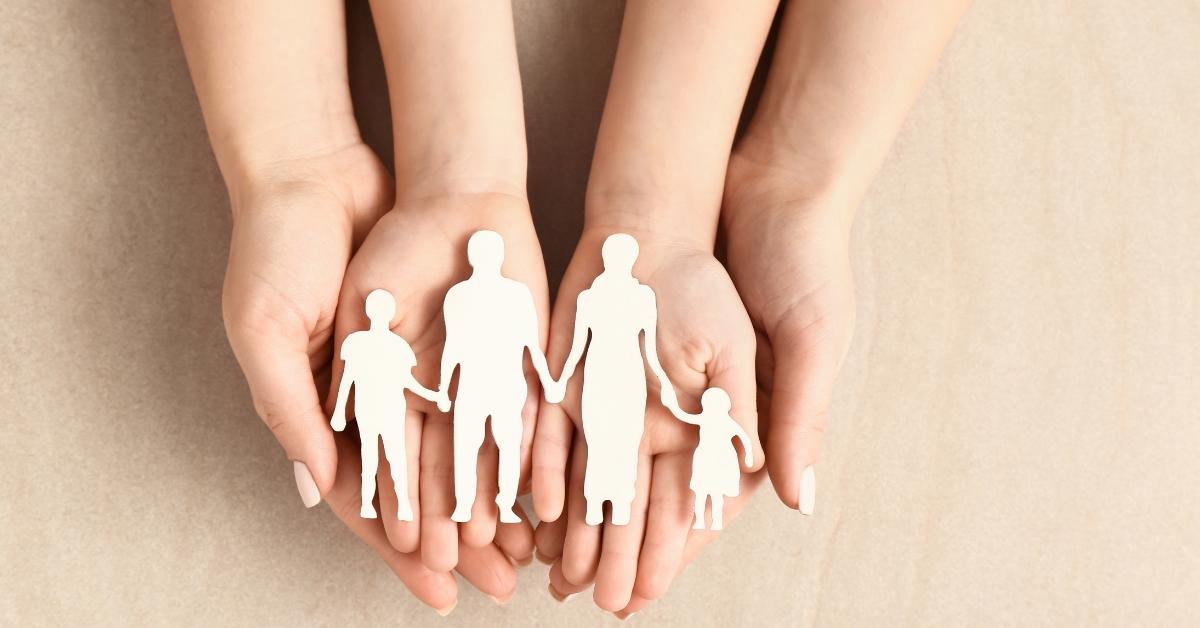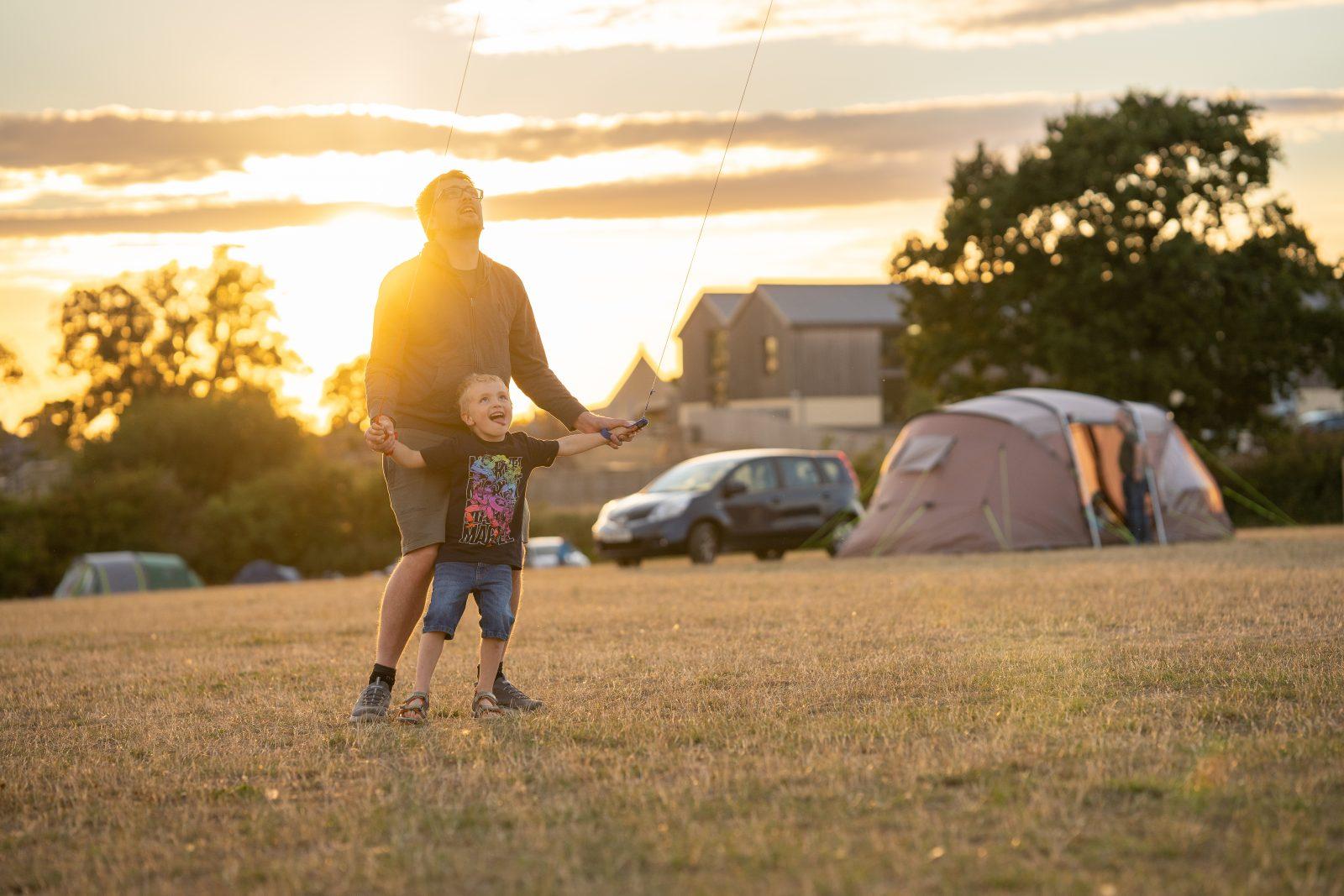Adoption is one of the most selfless things a burgeoning family can do. While there are many different reasons for which someone might adopt, from improved circumstances to personal fertility issues and beyond, the thought of making a better life for an orphaned or state-cared child is a big one. With over 80,000 children in care in the UK before the pandemic, adoption-friendly families are a god-send; if you have your own aspirations to adopt, what do you need to know?
Forms of Adoption
Adoption takes a number of forms, relating to the specifics of the process involved and the age or situation of the children. Domestic adoption refers to the adoption of a child on home soil, and can be undertaken either privately or through local authority foster programmes. International adoption, meanwhile, involves the adoption of orphaned and underprivileged children from other countries or continents – a process with more red tape and bureaucracy.
The Adoption Process
Though there are different specificities to bear in mind regarding each sub-category of adoption, the process is largely similar for UK families. Here, though, we will focus in on domestic adoption, and the steps a family must take in order to become successful applicants.
The first step on your part is, invariably, research. There are many agencies and organisations with which you can work, and knowing as much as you can about the merits of each will only work in your favour. With an agency chosen, the next steps involve evaluation and training. An assigned social worker will evaluate your readiness for a child, through conducting background checks, home visitations and interviews. Meanwhile, you will be briefed on the road ahead, and trained in how to use your strengths to your advantage.
The final stages involve the matching of your family and situation with the right children in the foster system. This is done through liaison with local authorities, to ensure a good match is found. The introduction of the child to your family is gradual and monitored, before you eventually move them in to their forever home.
Challenges and Responses
Adoption can be a smooth process at the best of times, but this is rarely actually the case. Numerous challenges can present themselves during the process, from the legal to the pastoral and beyond. Indeed, with any adoption process, engaging children’s solicitors is nothing short of essential – if only to help decode some of the more confusing language associated with each step of the process, but also as a failsafe for if the process derails.
Finally, and most importantly of all, you may find your biggest challenge to be take the shape of raising your adopted child. Those that have been through the foster system for even a brief amount of time can experience a great deal of trauma, whether in previous failed adoptions or while under state care. These unfortunate circumstances can carry through for much of their adolescent life – requiring coaching, therapy and support above and beyond many others their age. Adoption itself is a challenge, and one you must meet equitably.






